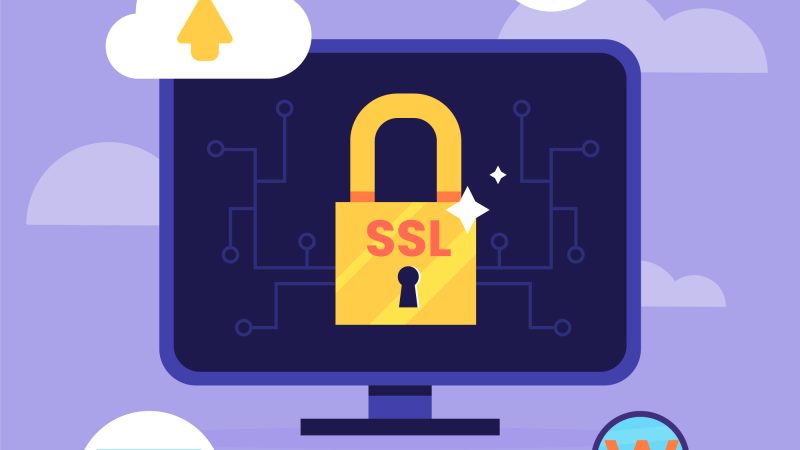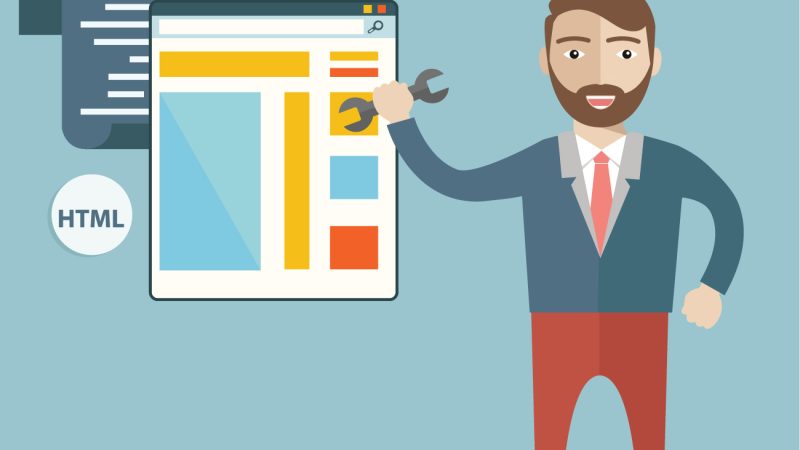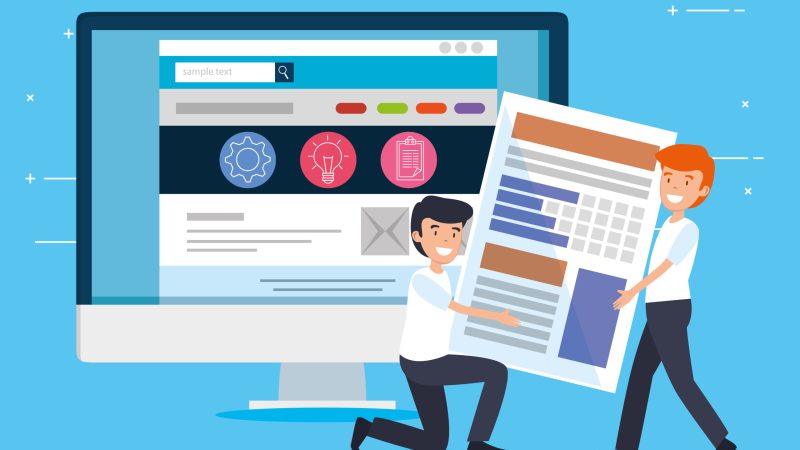How to Secure Writeable Directories
How to Secure Writeable Directories We recommend moving all writeable directories to a private location in order to prevent web-based access. When you move them, you must also update their locations in your installation’s file storage and the templates cache. We recommend performing this task and other security measures immediately after installing WHMCS. For a […]
More Ways to Secure Your WHMCS Installation
More Ways to Secure Your WHMCS Installation eps as we develop each WHMCS version to help ensure a secure system. However, to go even further in protecting against security issues, we recommend taking a series of additional steps to secure your installation. The steps below provide extra protection against hackers and other malicious attackers. If […]
How to Enable Encrypted MySQL Connections
How to Enable Encrypted MySQL Connections To use WHMCS with an encrypted MySQL® connection, you will need to perform additional steps to configure the necessary settings to the configuration.php file. We added support for encrypted MySQL connections in WHMCS 8.8. For steps to configure encrypted MySQL connections on cPanel & WHM servers, see cPanel’s How to Configure […]
How to Setup a Development and Testing Environment in WHMCS
How to Setup a Development and Testing Environment in WHMCS Creating a testing and development environment will let you verify all of your customizations without any changes to your production system. This helps to protect your data and customizations. We recommend setting this up before you upgrade WHMCS and whenever you write modules, themes, or […]
How to Disable MySQL Strict Mode
How to Disable MySQL Strict Mode You must disable MySQL® Strict Mode in order to run WHMCS on your server. We recommend disabling it at the time of installation to avoid later database errors. Disabling MySQL Strict Mode requires full root permissions for your server. If you do not have root-level access, contact your hosting provider or system administrator. Disable […]
How to Configure When the WHMCS Cron Runs
How to Configure When the WHMCS Cron Runs The WHMCS cron job performs many of the automated tasks for your WHMCS installation. You can customize when and how often it runs in your WHMCS installation configuration. You must configure your hosting control panel to run the cron job at least once during the Time of Day hour […]
How to Setup the WHMCS Cron Job
How to Setup the WHMCS Cron Job You will need to configure the cron job as soon as you finish installing WHMCS. The cron job executes WHMCS’s automation tasks, like generating renewal invoices and sending payment reminders. This example uses a cPanel server. For other server types, see Crons. Set Up the Cron Job To set […]
How to Install WHMCS via cPanel Site Software
How to Install WHMCS via cPanel Site Software cPanel, L.L.C. deprecated the Site Software feature in cPanel & WHM version 104. We recommend performing a manual installation instead. You can install WHMCS easily using cPanel’s Site Software feature. To do this: 1. If you have not already done so, configure cPanel Site Software to offer WHMCS. 2. Log in to cPanel and […]







